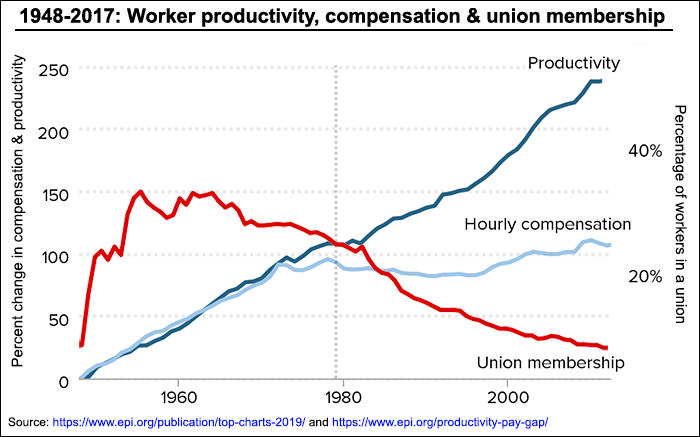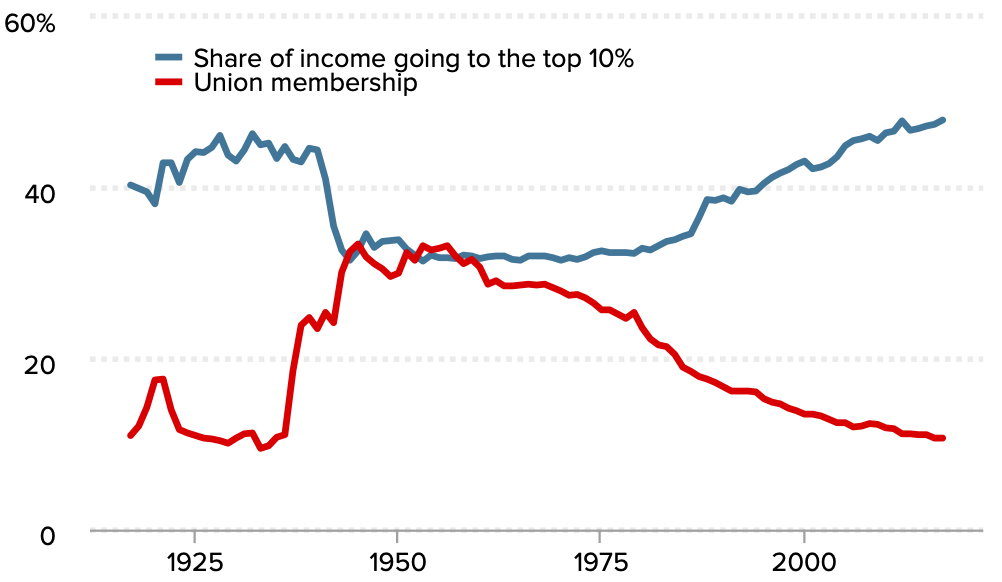Hot on the heels of a historic victory where VW workers in Tennessee voted to join the United Auto Workers union, Mercedes workers in Vance, Alabama have narrowly voted against joining UAW themselves. The plant makes several cars, among which are the electric EQS and EQE SUVs.
The vote comes a day after another union victory in Alabama, where the New Flyer bus plant, which makes some EV buses, joined UAW.
Workers at the Mercedes plant voted over the course of the last week, with voting ending this morning. The votes are still being counted, but with ~4,700 out of ~5,200 votes cast and counted at press time, the vote stands at 44% yes and 56% no, meaning remaining votes wouldn’t be able to overcome the deficit. The vote total isn’t finalized so things could change somewhat, but the result seems clear from the numbers we’ve seen.
The vote was initiated by Mercedes workers, who approached UAW rather than the other way around. UAW has recently signaled its intent to unionize all other US automakers – an idea which President Biden lent support to.
Workers had complained about difficulties with new management and schedule changes implemented against the complaints of workers.
And it would have been a historic vote – only the second time a plant owned by a foreign automaker had voted to unionize in the US South, after VW did last month. The VW vote failed narrowly two times before it passed by a wide margin last month, whereas the Mercedes vote failed on its first count, by a larger margin than VW’s first two ballots did.
Mercedes had commented ahead of the vote that it looks forward “to participating in the election process to ensure every Team Member has a chance to cast their own secret-ballot vote, as well as having access to the information necessary to make an informed choice.”
But reports from employees said that they have been made to watch anti-union videos at the beginning of their shifts, and Reuters reports that Mercedes hired anti-union firms to sway employees away from joining, and that anti-union signs have been hung around the plant.
The vote also came in the midst of a hostile regional political environment for workers’ rights. The South as a whole tends to have lower unionization rates and lower levels of workers’ rights, with lower minimum wages and “right-to-work” laws, a deceptively-named category of laws that are intended to sideline workers’ unions.
In addition, prior to the VW vote, six Southern governors, including Kay Ivey of Alabama, made a joint statement to encourage workers against voting to join UAW, but VW workers went ahead and joined the union anyway. And earlier this week, Ivey signed a law that would retaliate against companies that voluntarily recognize unions by withholding economic incentives from them. The bill was signed during the Mercedes union voting period.
Auto-related manufacturing in Alabama has faced scrutiny lately, including Mercedes specifically. The National Labor Relations Board – which has been working overtime under the Biden administration, collecting a lot of wins for workers’ rights – is currently investigating both Mercedes and Hyundai in Alabama for unfair labor practices. And not long ago, a Hyundai supplier was found to be using child labor in Alabama.
The German government is also investigating Mercedes in Alabama. It is mandatory for German companies above a certain size to have labor representation on their board of directors, and the German auto industry is almost universally unionized.
However, not all is bad for UAW in Alabama. Just yesterday, the New Flyer factory in Anniston, Alabama voted to join UAW. Among other things, the plant builds New Flyer’s Xcelsior CHARGE NG battery-electric bus. That plant has around 600 employees, much smaller than the ~5,200 workers at the Mercedes plant.
Prior to today, the UAW had had quite a year, launching an unprecedented strike against all three major US automakers at the same time last September. The tactic worked, and six weeks later the UAW had made a deal with all three automakers, winning big pay increases and other assurances from each of them.
The win didn’t just help UAW workers, though, as soon after the strikes closed, several other companies announced big pay increases. Workers at VW, Hyundai, Toyota, Honda and Tesla all earned pay increases of about 10% or more as companies recognized the need to compete for skilled workers with better packages. Mercedes also recently raised pay ahead of this week’s union vote.
UAW President Shawn Fain called this “the UAW bump,” and said UAW stands for “U Are Welcome,” highlighting to non-union workers that strong unions help workers across the economy, not just at their own respective shops.
These wins are what encouraged UAW to open its recruitment drive at all other automakers in the US. UAW encouraged employees from other plants to signal their intent to join up by signing a union card through the website uaw.org/join/.
Fain even said that when the newly-negotiated contracts with the “Big Three” come up for renegotiation (on May 1, 2028 – International Workers’ Day), that this time the negotiations “won’t just be with a Big Three, but with a Big Five or Big Six” – meaning that the UAW plan to have unionized other automakers by that timeframe.
Today’s setback won’t put them closer to that goal, and it remains to be seen what strategy UAW will take going forward after this initial blow to the momentum it has built over the last year.
Electrek’s Take
I’ve used the same take several times in these UAW articles, which I will copy again here.
Unions are having a bit of a moment in the US, in recent years reaching their highest popularity ever since surveys started asking about them.
Much of union popularity has been driven by COVID-19-related disruptions across the economy, with workers becoming unsatisfied due to mistreatment (labeling everyone “essential,” companies ending work-from-home) and with the labor market getting tighter with over 1 million Americans dead from the virus and another 2-4 million out of work due to long COVID.
Unions have seized on this dissatisfaction to build momentum in the labor movement, with successful strikes across many industries and organizers starting to organize workforces that had previously been non-union.
However, union membership has been down over several decades in the US. As a result, pay hasn’t kept pace with worker productivity, and income distribution has become more unequal over time. It’s really not hard to see this influence when you plot these trends against each other.


It’s quite clear that lower union membership has resulted in lower inflation-adjusted compensation for workers, even as productivity has skyrocketed. As workers have produced more and more value for their companies, those earnings have gone more and more to their bosses rather than to the workers who produce that value. It all began in the ’80s, around the time of Reagan – a timeline that should be familiar to those who study social ills in America.
All of this isn’t just true in the US but also internationally. If you look at other countries with high levels of labor organization, they tend to have more fair wealth distribution across the economy and more ability for workers to get their fair share.
We’re seeing this in Sweden right now, as Tesla workers are still striking for better conditions. Since Sweden has 90% collective bargaining coverage, it tends to have a happy and well-paid workforce, and it seems clear that these two things are correlated. That strike is still continuing, but Tesla CEO Elon Musk – who just fired 14,000 people while holding the company hostage and begging for a $55 billion payday for himself which he’s even spending Tesla ad money to pitch – is seemingly uninterested in negotiating.
These are all reasons why, as I’ve mentioned in many of these UAW-related articles, I’m pro-union. And I think everyone should be – it only makes sense that people should have their interests collectively represented and that people should be able to join together to support each other and exercise their power collectively instead of individually.
This is precisely what companies do with industry organizations, lobby organizations, chambers of commerce, and so on. And it’s what people do when sorting themselves into local, state, or national governments. So naturally, workers should do the same. It’s just fair.
FTC: We use income earning auto affiliate links. More.




